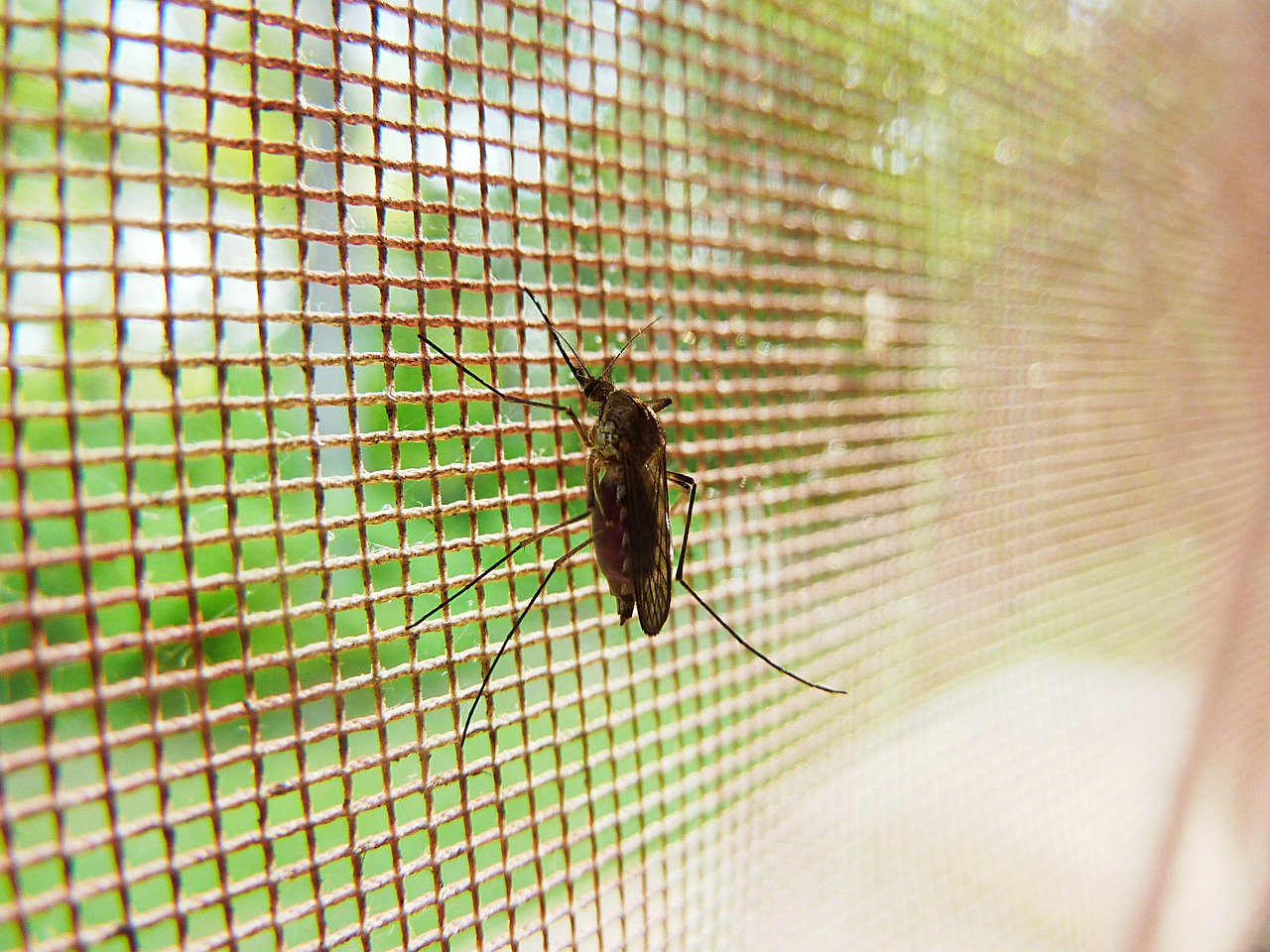
Samoa has declared a state of emergency following several deaths from a measles outbreak, shutting down schools and implementing restrictions on public gatherings.
Samoa declared the state of emergency after country's health ministry reported at least six least deaths linked to the measles outbreak in the South Pacific island nation, mostly infants under the age of two.
According to the United Nations Children's Fund (UNICEF), the Samoa Ministry of Health declared a measles outbreak on October 16, with at least 716 cases of the highly infectious illness in the country. Of these cases, 40% required hospitalization.
On Monday, New Zealand's foreign affairs minister Winston Peters said his country would send vaccination nurses and a medical assistance team of doctors and nurses to Samoa to assist in the country's immunization program.
Peters said: "On 15 November the Government of Samoa declared a State of Emergency as the numbers of people infected with measles continues to rise and the hospital system is under strain. Measles is highly contagious, and the outbreak has taken lives in Samoa. It is in everybody's interests that we work together to stop its spread."
David Durrheim, conjoint professor at the School of Medicine and Public Health at the University of Newcastle in Australia, pointed out that Samoa has had a history of low vaccination levels, reaching as low as 41% in 2008.
The World Health Organization (WHO) highlighted that approximately 95% of a population needs to be vaccinated with two doses of the measles vaccine to ensure herd immunity.
The worldwide resurgence of measles in in both high-income countries in the Americas and Europe and lower-income nations in Asia and Africa have been partly attributed to fear of and lack of access to vaccines, and complacency.
UNICEF reported that the number of measles have more than doubled from 2017 to reach almost 350,000 cases globally in 2018.






